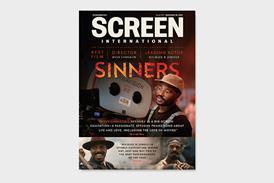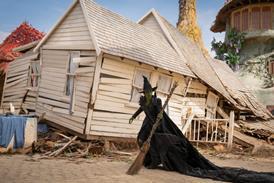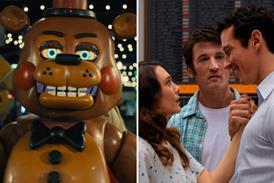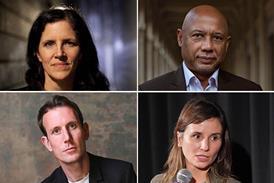Some of the film world’s top talents are now doing their best work for the small screen.
And that’s not a bad thing at all, in fact the ability to go back and forth between independent film and TV makes the most economic sense to build a sustainable career.
Everywhere you look these days, you see examples of this. The BBC is now airing Jane Campion’s magnificent Top of the Lake (which saw an unprecedented launch in Sundance). Coming in August, Channel 4 is airing the remarkable four-part drama Southcliffe, which is written by Tony Grisoni, who has worked on films with the likes of Terry Gilliam and Michael Winterbottom, and directed by Martha Marcy May Marlene’s Sean Durkin. Southcliffe is produced by Warp Films, which has previously brought Shane Meadows into the TV world with two This Is England series – giving extra stability to the production company in the process.
Projects such as these come as Hollywood is making fewer, larger films – meaning less work for directors and talent from the studios. The same five or so actors (Gosling, Fassbender, etc) are on everyone’s hitlist to get a film financed at a certain level. So that leaves an awful lot of other talented directors and actors with time to do more work, including on the small screen.
At BAFTA and Sargent Disc’s Filmmakers Market last weekend, NFTS director Nik Powell had some very practical advice to the budding filmmakers in the audience: “One of the biggest mistakes of people coming out of the NFTS is going directly to cinema. When you look at the most successful NFTS graduates, many of them come out of television, they go straight out of school to directing something like Misfits, or another major TV series. Our commercially most successful director David Yates, who directed the last four Harry Potter films, did 10 years of television. This thing of walking around Soho with a script under your arm is not the way forward. Directors should be directing, I don’t care if it’s Doctors or Misfits. You should be directing because by directing you get better, it’s true of everything in life. 85% of our graduates will spend part or all of their career in television.”
That could apply at any stage in a successful filmmakers’ career – look at Steven Soderbergh, he was shopping Behind The Candelabra to the usual suspects in the film world with no luck, then taking it to HBO to get it made (that one got 15 Emmy nominations yesterday). David Fincher worked with Netflix for House of Cards between his studio film projects – and got big-screen actors like Kevin Spacey and Robin Wright to come along for the ride (and that one got 9 Emmy nominations).
From the business side, TV can be very lucrative and steady money, when indie film financing can be increasingly tough to pull together. Lena Dunham won some great reviews and attention with her film Tiny Furniture, but the financial rewards of Girls are much, much greater.
So the smartest film producers out there will be the ones who broaden their scope to also work on TV projects. It’s not giving up on the big screen, it’s being open to making smarter work in whatever format the financiers want to back and the audiences want to watch.

























3 Readers' comments